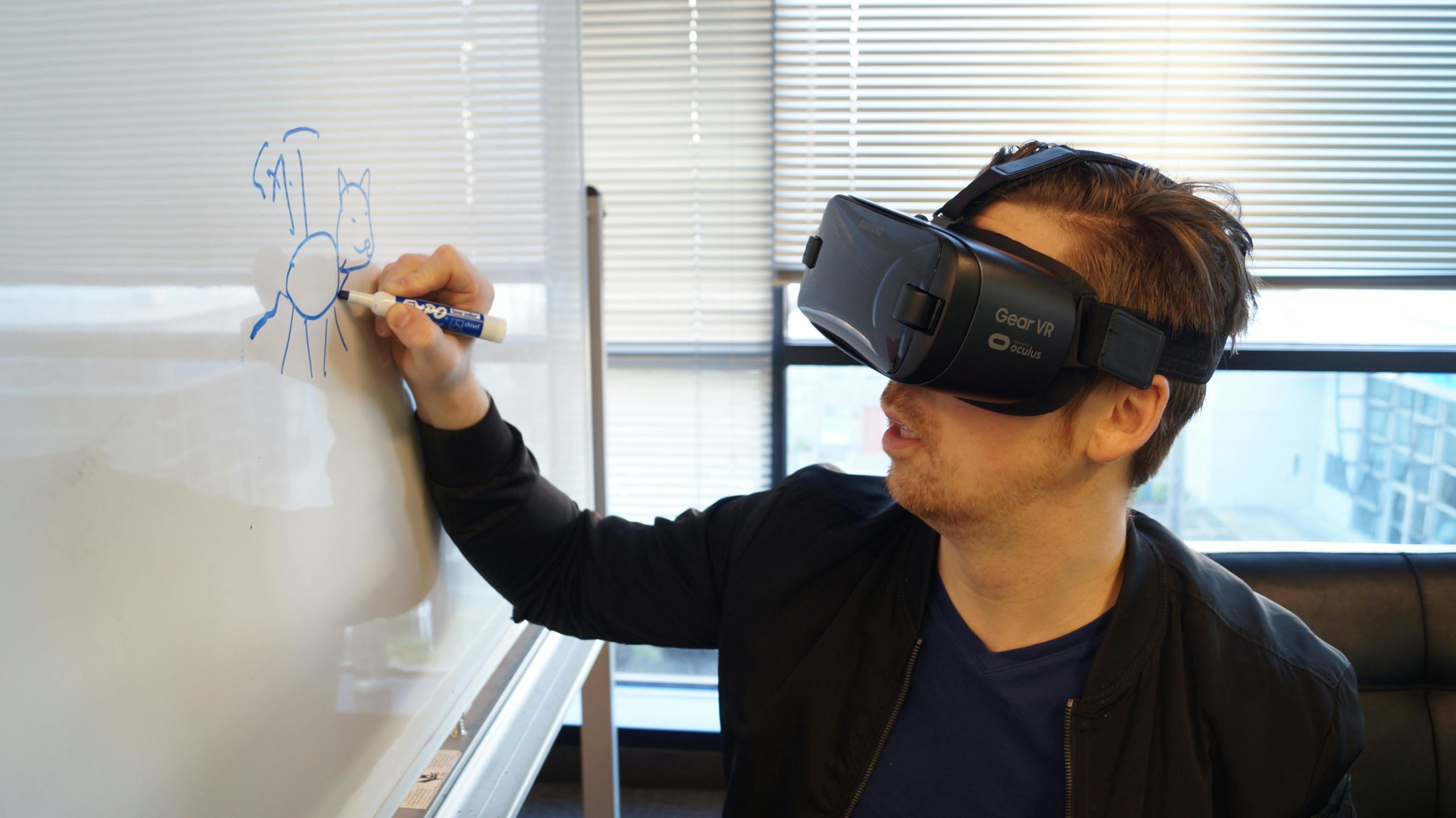
Sector: Consulting services, Education
This practice involves the use of virtual reality (VR) technology in career orientation for women who are either aspiring entrepreneurs or have already started their own businesses and are looking to integrate sustainable practices into their business models.
Background
The programme utilises VR headsets to provide an immersive 360-degree experience, allowing participants to explore various business environments and sustainable practices interactively. The goal is to provide a realistic and engaging learning experience that helps women understand the potential of integrating sustainability into their businesses.
Key Principles
• 360-Degree VR experience: Participants use VR headsets to immerse themselves in a 360-degree virtual environment. This experience includes tours of sustainable businesses, demonstrations of green technologies, and interactive scenarios where participants can practice decision-making in a safe, controlled environment.
• Real-world simulations: The VR content includes realistic simulations of sustainable practices, such as energy-efficient operations, waste management, and the use of renewable resources. These simulations provide hands-on learning opportunities without the need for physical travel or resources.
• Personalised learning paths: The VR programme is tailored to the needs and goals of each participant. Personalised learning paths guide participants through relevant content based on their business stage and sustainability interests.
Implementation
• Participants engage in virtual workshops where they can discuss their VR experiences, ask questions, and receive guidance from mentors and peers.
• Mentors with expertise in sustainable business practices guide participants through the VR content, helping them apply what they learn to their own businesses.
Performance Indicators
• Participant feedback: satisfaction levels and self-assessment of developing of participants, measured through feedback forms.
• Knowledge and skill gain: pre- and post-training assessments to measure the increase in participants’ understanding of sustainable business practices and green technologies.
• Implementation success: the number of participants who successfully implement sustainable strategies in their businesses, tracked through follow-up questionnaires and interviews.
• Community impact: positive social and environmental outcomes in the community resulting from the participants’ adoption of sustainable business practices.
Impact and Outcomes
• Engaging learning experience: The immersive nature of VR makes learning about sustainable practices more engaging and memorable.
• Practical knowledge: Participants gain practical knowledge of sustainable business practices through realistic simulations, which can be directly applied to their businesses.
• Enhanced retention: The interactive and immersive format of VR helps improve knowledge retention and understanding.
• Positive Environmental Impact: The widespread adoption of sustainable practices contributes to positive environmental outcomes, such as reduced carbon footprints and better resource management.
Transferability & Scalability
Adaptable for a wide range of vocational sectors; requires VR content development and mentor support.
